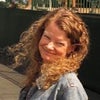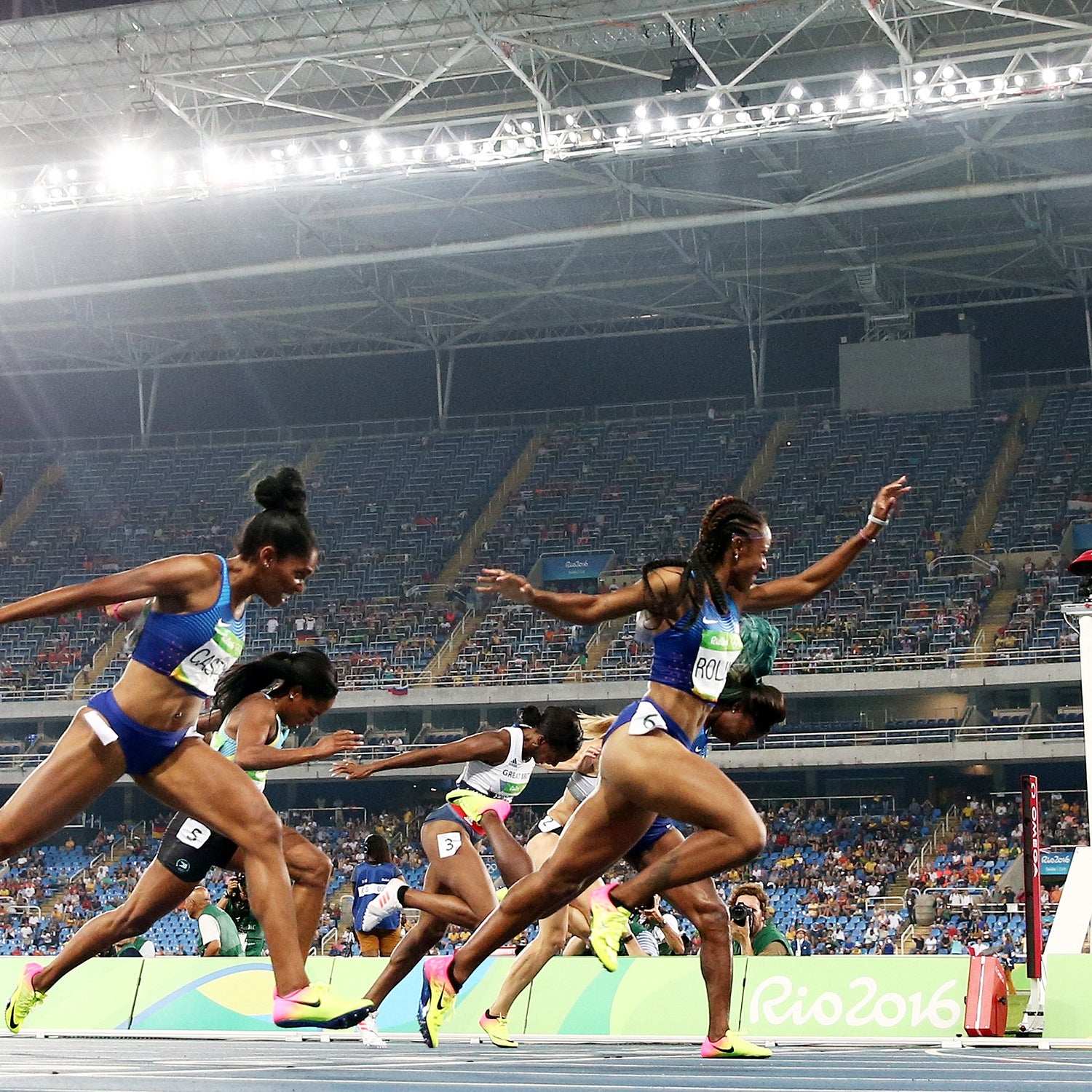On International Women’s Day last week, it became alarmingly clear (once again) that gender parity doesn’t exist at the highest levels of Olympic sports. Take track and field, for example, where the gender split among elite athletes is 50/50 and prize money is largely equal, but women only occupy 22 percent of the positions on the the sport’s global boardroom. As a small consolation, a few athletic federations took the occasion as an opportunity to call themselves out, and show the world how they plan to fix it—even if it takes years to do so.��
��
The International Olympic Committee issued a 25-point “” to achieve gender equity in all levels of the Games, from athletes to officials. The plan, which will be published in full later this month, includes strategies to increase female participation in the Olympics to 50 percent (it was at 45 percent in 2016 and 42 percent in 2018), address gender bias and stereotypes, and increase representation in governance and human resources.
��
“It is not just the right thing to do,” Thomas Bach, the IOC president, said in a written statement. “It is in the interest of us all—the fans, the families, and every girl and woman who has been able to fully realize her dreams through athletic participation.” Track and field, in particular, is leading the charge with its aspirations to bring more women into the leadership fold.
��
Similarly, the International Association of Athletics Federations (IAAF), the global governing body for track and field, touted its commitment to increase the female presence in leadership in all areas of the sport. The goals primarily include additional positions on the IAAF council, which helps to set policy, select host cities for world championships, and promote and expand accessibility to the sport. These positions—elected by the IAAF congress, which��comprises��of delegates from national federations—are generally held by former elite athletes, business executives, and coaches.��
��
Elevating women to important positions in sport sounds like an admirable goal, but the specifics of these plans are a bit more difficult to parse. As it turns out, the IAAF reforms were actually , despite being presented as new. Yet as of this writing, only six of the 27 members of the council are women. In response, the IAAF officials have set some quotas,��including: seven women on the council by 2019, 10 women by 2023, and 13 by 2027, with two of the four vice president positions filled by women.
��
Stephanie Hightower, the U.S.A. Track & Field (USATF) representative on the IAAF council and the chairwoman of the IAAF Gender Leadership Task Force, says the press releases are not just hype or publicity stunts—that her committee is developing strategies to make the “lofty and aggressive” targets a reality. Critical to creating gender parity is offering education and development, she says.
��
“We know that there are maybe a dozen women [worldwide] currently in leadership roles who have the political and social capital to stand for one of those vice president positions in 2019,” Hightower says. “So what we’re going to do is create forums and opportunities for all of them who are running to make sure that they have the opportunity to get their voices heard. That’s the first thing.”
��
And of course, money talks. IAAF funds are going to be mandated to each geographic area for��“women’s pipeline activities,” such as an elite coaching certification courses or technical officiating programs—areas where women are generally lacking presence in the sport. “In the past, [the IAAF] just sort of let [national federations] do whatever they wanted to do with that money,” Hightower says. “Now we’re going to tell them if they want the money, they have to look at the menu of programs that we say are legitimate to offer. You have to document and show the outcomes.”
��
The challenge is that the six regions identified by the IAAF all have cultural differences when it comes to attracting women into the leadership fold. This summer, a group of about 40 women from around the world��who have been identified as potential leaders, will gather at the Under-20 world championships in Finland to discuss obstacles to progressing to higher levels.
��
“We want to be mindful and sensitive that all of us women come from different cultures and experiences and backgrounds,” Hightower says. “So how you build social and political capital in, maybe, a Muslim country is different than what you do in Jamaica or France.”
��
Jill Geer, USATF’s chief market officer, says that in the past six years, it’s been mostly good news for women aspiring to take the lead in track and field. Along with her own role, two other C-suite positions are filled by women: chief operating officer and chief financial officer. “It’s a rare sport where if the performance is there, women have equal pay and place at the table in the United States,” she says.
��
Geer offers a few stats to support that claim: 54 percent of the national staff is women, and 53 percent of those at the director level or higher are female. But other areas tend to lag, like coaching and officiating. Those places are where Geer says��USATF mentorship programs are critical to bring women along. For example, the USATF medical staff was nearly entirely male a few years ago, and now some of the highest-ranking medical professionals are women, thanks to the Sports Medicine and Science committee’s efforts.
��
“You don’t go from being an athlete to being a head coach. There’s a process by which you go up the ranks, and if women aren’t pursuing that, or they feel like there’s a ceiling there, they need mentorship,” she says. “Coaching careers take shape over the course of years, and it’s a high priority for us.”
��
And in the era of #MeToo, Hightower says there’s never been a better time to help those who have the skills and the work ethic aspire to bigger and more high-profile positions. “Women who have been in sport understand what ‘high performance’ means.” she says. “Women need to take this time to feel empowered. It’s time to demand respect and stand up for each other and ourselves if we want to make this change happen.”
Perhaps with more of that attitude, by next year’s International Women’s Day we’ll be able to celebrate some concrete progress in Olympic sport leadership, instead of reading recycled news about old plans to achieve it.��


